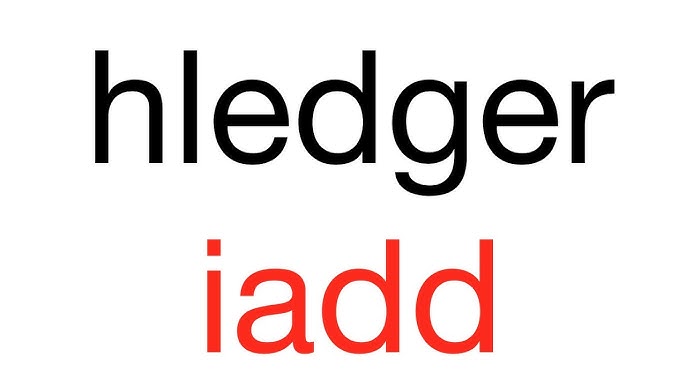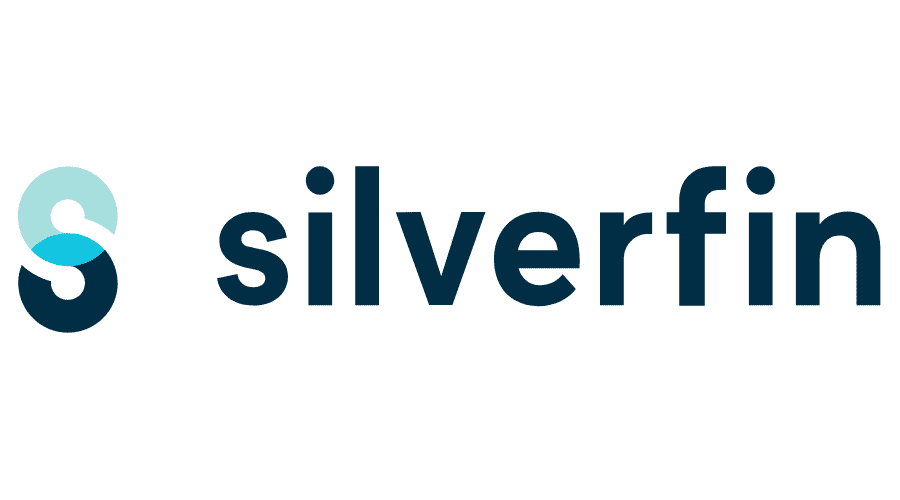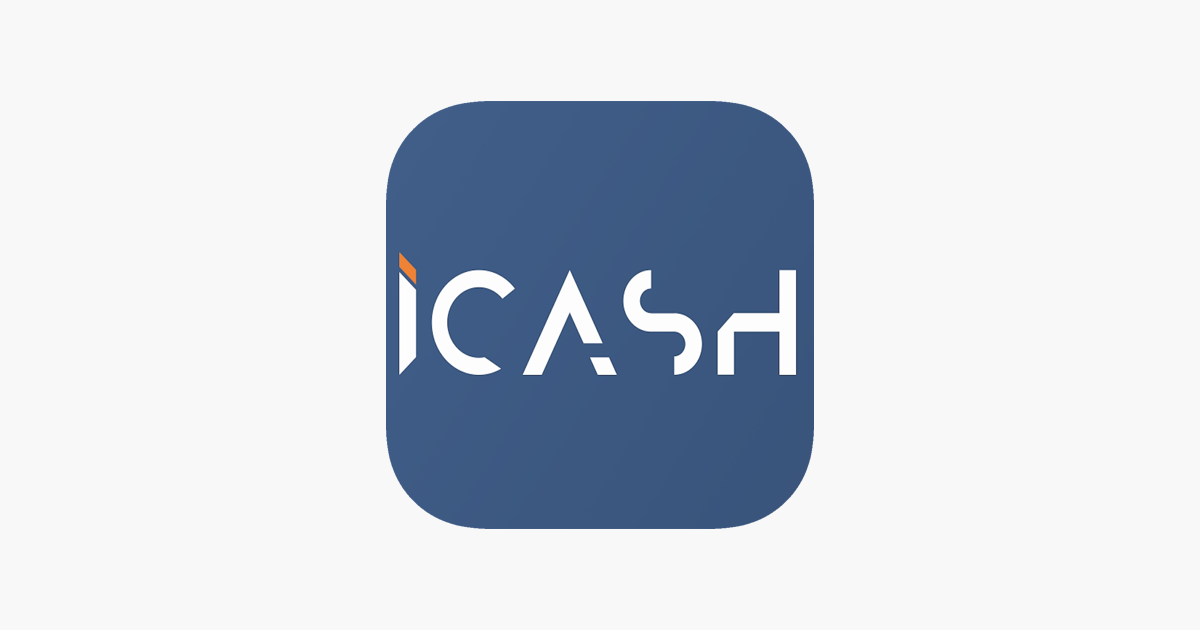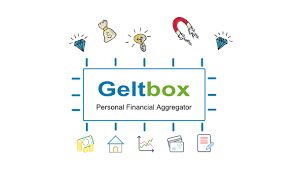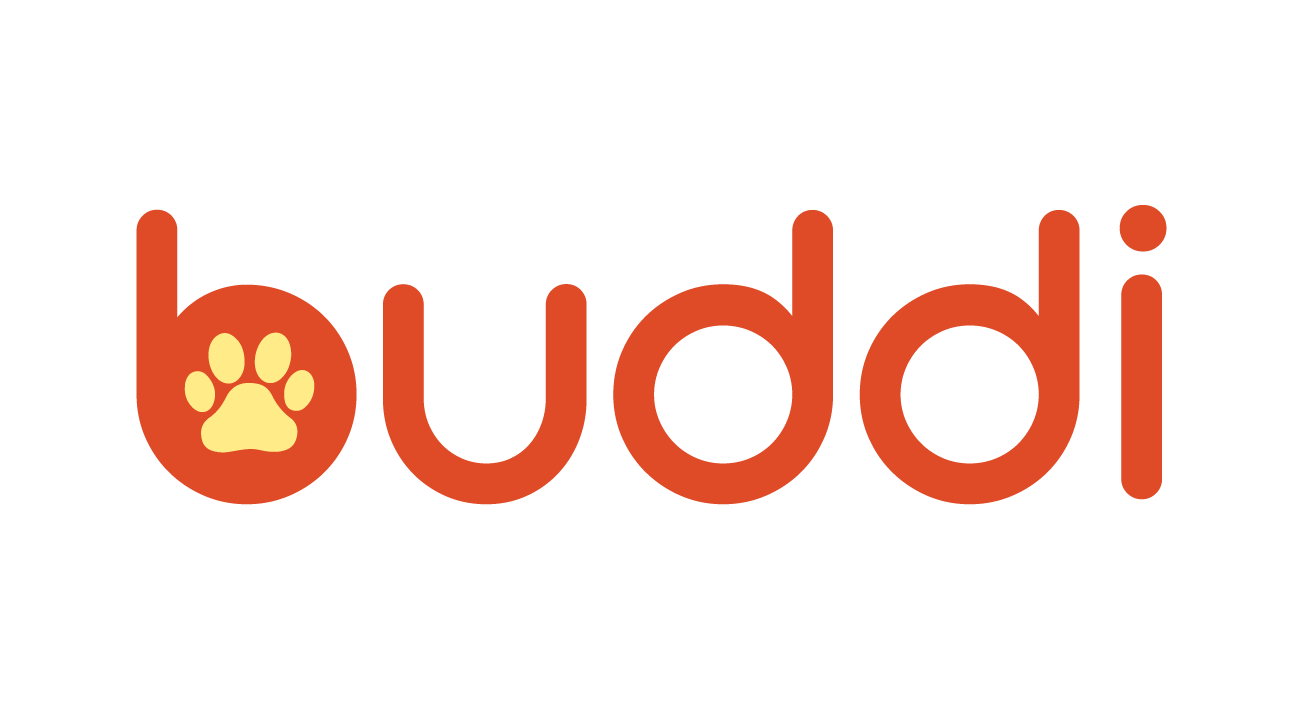JCashBook — Lightweight Tool for Managing Daily Expenses
JCashBook is a free Windows program made for people who just want to keep track of money coming in and going out without learning a full accounting system. At its core, it works like a digital version of a paper cashbook — straightforward, familiar, and quick to use.
What it’s like in use
Transactions are typed in by hand and linked to categories such as food, rent, or transport. Balances update automatically, and regular costs like utilities or subscriptions can be set to repeat. With time, these entries turn into reports that highlight where money tends to flow each month.
Because it’s a desktop tool, all information stays on the local machine. No accounts to register, no subscriptions to pay — everything remains private.
Why people choose it
The attraction of JCashBook is that it doesn’t try to be more than it needs to be. For families or students, it’s a way to see where the budget is going without the clutter of complex finance suites. Freelancers also find it useful as a light tool for logging project income and everyday expenses.
Technical profile
| Item | Details |
| Purpose | Personal budgeting and cashbook tracking |
| Platform | Windows desktop |
| Core features | Manual entries, recurring items, automatic balances, reports |
| Data format | Local file/database |
| Import/Export | Basic CSV support |
| Customization | User-created categories |
| Storage | Local files only |
| License | Freeware |
| Audience | Households, students, freelancers |
| Download | Installer available on this site |
Getting started
Setup is simple: download the installer, run it, and create a new cashbook file. Categories can be added at the start or whenever they’re needed. After a few entries, the program already begins to show totals and simple reports.
Examples of use
– A household logs groceries, rent, and utilities, checking reports at the end of each month.
– A student records allowance spending to stretch money further.
– A freelancer keeps notes on payments and project costs without relying on spreadsheets.
Things to keep in mind
Being a lightweight tool, JCashBook doesn’t connect to banks, has no mobile app, and offers only basic reporting. But for many users, that simplicity is an advantage — fewer distractions, more focus on the essentials.
Final thought
JCashBook is best described as a clear, digital notebook for personal finance. It’s free, light on resources, and keeps everyday budgeting manageable.


